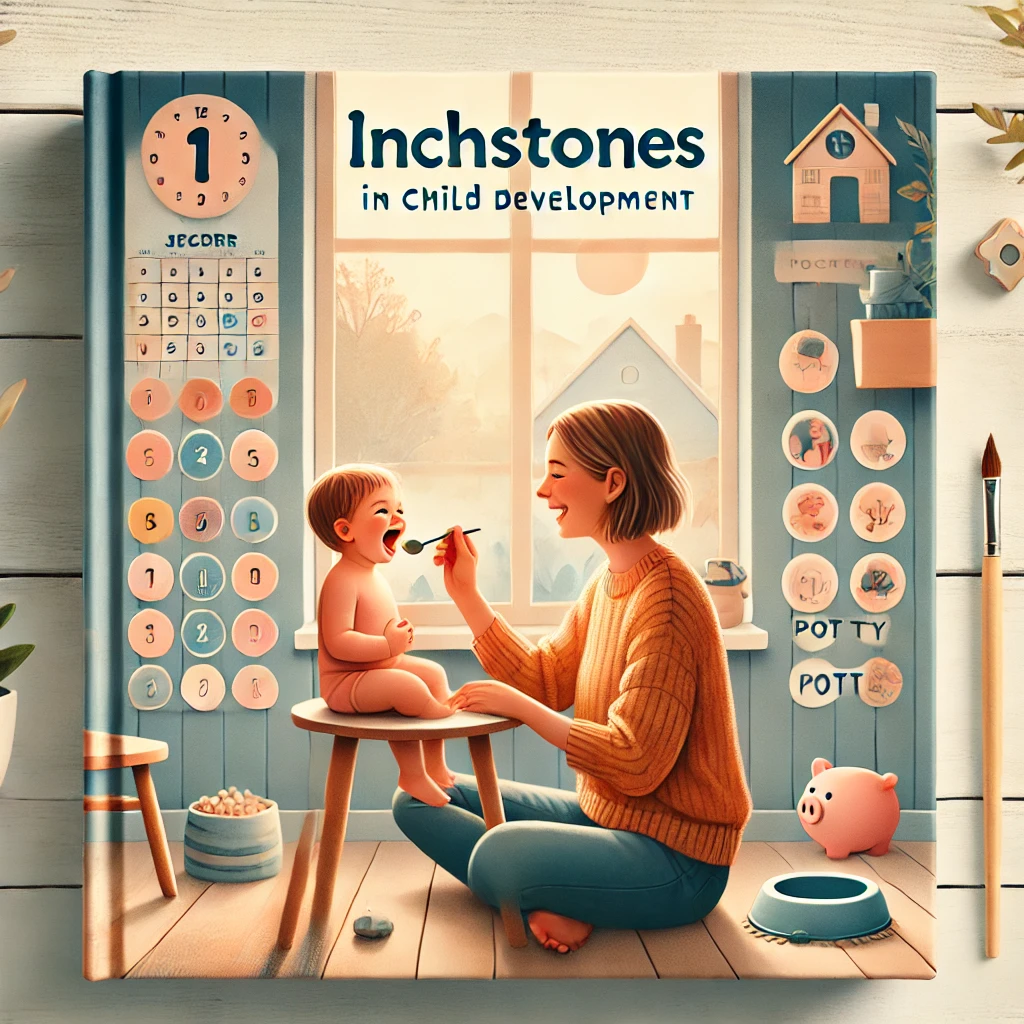
Parenting style plays an important role in shaping children’s development and outcomes. Each parenting style, whether authoritarian, authoritative, permissive, or uninvolved, has its own set of strengths and challenges. Understanding these approaches can help parents make informed decisions that suit their family’s unique dynamics.
The Four Main Parenting Styles
To better appreciate the impact of various parenting styles, it’s essential to understand what each one entails:
- Authoritarian Parenting
Strict rules, high expectations, and little room for negotiation characterize this style. Authoritarian parents often enforce rules without explaining the reasons behind them. While this approach can lead to well-behaved children, it can also result in lower self-esteem and higher levels of anxiety in children. - Permissive Parenting
Permissive parents are indulgent, with few demands or expectations placed on their children. This style is marked by a high level of responsiveness but low levels of discipline. While children may feel loved and supported, they may also struggle with self-discipline and responsibility. - Uninvolved Parenting
Also known as neglectful parenting, this style is characterized by a lack of responsiveness to a child’s needs. Uninvolved parents are often indifferent, providing little guidance, nurturing, or attention. Children raised in this environment may struggle with self-esteem and exhibit behavioral problems. - Authoritative Parenting
Authoritative parenting is widely regarded as the most effective style. It combines high expectations with warmth and responsiveness. Parents set clear rules and guidelines but are supportive and open to communication. This balanced approach results in well-rounded, confident, and responsible children.
Why Authoritative Parenting is Considered the Most Effective
Authoritative parenting stands out as the most beneficial among the various parenting styles. This approach encourages children to be independent thinkers, allowing them to explore and learn from their experiences, celebrating small victories along the way while providing a supportive environment. The rules and expectations set by authoritative parents are clear and consistent, helping children understand boundaries and develop a sense of security.
One advantage of authoritative parenting is its emphasis on open communication. Children are encouraged to express their thoughts and feelings, which fosters a strong sense of self-worth and emotional intelligence. Unlike authoritarian parenting, where rules are imposed without discussion, authoritative parents explain the reasoning behind their rules, helping children understand the importance of following them.
Moreover, authoritative parenting is adaptable to a child’s individual needs. Parents using this style are attuned to their child’s emotional and developmental stages, adjusting their approach as necessary. This flexibility helps children feel understood and supported, promoting a healthy parent-child relationship.

The Long-Term Impact of Parenting Styles
The effects of parenting styles extend far beyond childhood. How a child is raised can influence their social skills, academic performance, and mental health well into adulthood. For instance, children raised in authoritarian households may excel academically due to their strict upbringing but could struggle with social interactions due to a lack of emotional support. On the other hand, children from permissive homes might be more socially adept but could face challenges in structured environments like school or work.
Authoritative parenting, however, tends to produce well-rounded individuals. Studies have shown that children raised by authoritative parents are more likely to succeed academically, develop strong social skills, and exhibit fewer behavioral problems. These children also tend to have higher self-esteem and are better equipped to handle stress and challenges in life.
The adaptability of authoritative parenting allows parents to tailor their approach as their children grow. For example, as a child enters adolescence, parents might shift from a more hands-on approach to one that encourages greater independence while providing guidance and support.
Striking the Right Balance in Parenting
While authoritative parenting is often recommended, parents should adapt their style to meet their children’s unique needs. Every child is different, and what works for one child might not work for another. Some children may require more structure and guidance, while others may thrive in a more relaxed environment.
Parents should strive to be observant and responsive to their child’s cues. For instance, a child who exhibits signs of anxiety may benefit from a more nurturing and supportive approach, while a child who shows signs of rebellion might need firmer boundaries. The goal is to find a balance that encourages growth, independence, and responsibility without overwhelming the child.
Parents must also be consistent in their approach. Inconsistent parenting, where rules and expectations vary frequently, can confuse children and lead to behavioral issues. Consistency provides children with stability and security, essential for their emotional well-being.
Practical Tips for Applying Authoritative Parenting
Here are some practical tips for parents looking to apply authoritative parenting in their daily lives:
- Set Clear Expectations: Communicate your expectations clearly and ensure your child understands the consequences of not meeting them. This helps children understand what is expected of them and why.
- Be Open to Dialogue: Encourage your child to express their thoughts and feelings. This open communication fosters mutual respect and helps you better understand your child’s needs.
- Offer Support: While setting rules, be sure to offer emotional support. Let your child know you are there for them, even when they make mistakes.
- Be Consistent: Consistency in rules and discipline is crucial. Children need to know that the boundaries you set are firm but fair.
- Adapt to Your Child’s Needs: As your child grows, be prepared to adjust your parenting approach. What works at one stage of development may need to be modified as your child matures.
Parenting style plays an important role in children’s development and future outcomes. While no single style is universally perfect, authoritative parenting is widely regarded as the most beneficial. By being warm, supportive, and communicative and setting appropriate limits, parents can help their children grow into well-adjusted, successful adults.
Understanding different parenting styles and applying authoritative parenting principles can lead to a more fulfilling parenting experience. As parents, our ultimate goal is to raise children who are confident, responsible, and equipped to navigate the challenges of life.
In conclusion, parenting style shapes children’s development and outcomes. Each parenting style has its own strengths and weaknesses, and no one style is perfect for every child or every family. However, authoritative parenting is generally considered the most effective and beneficial style, as it promotes independence, responsibility, and self-esteem while maintaining clear rules and expectations. Parents should strive to be warm, supportive, and communicative while also setting appropriate limits and boundaries for their children. With the right balance of love, discipline, and guidance, parents can help their children grow up to be happy, healthy, and successful adults.












